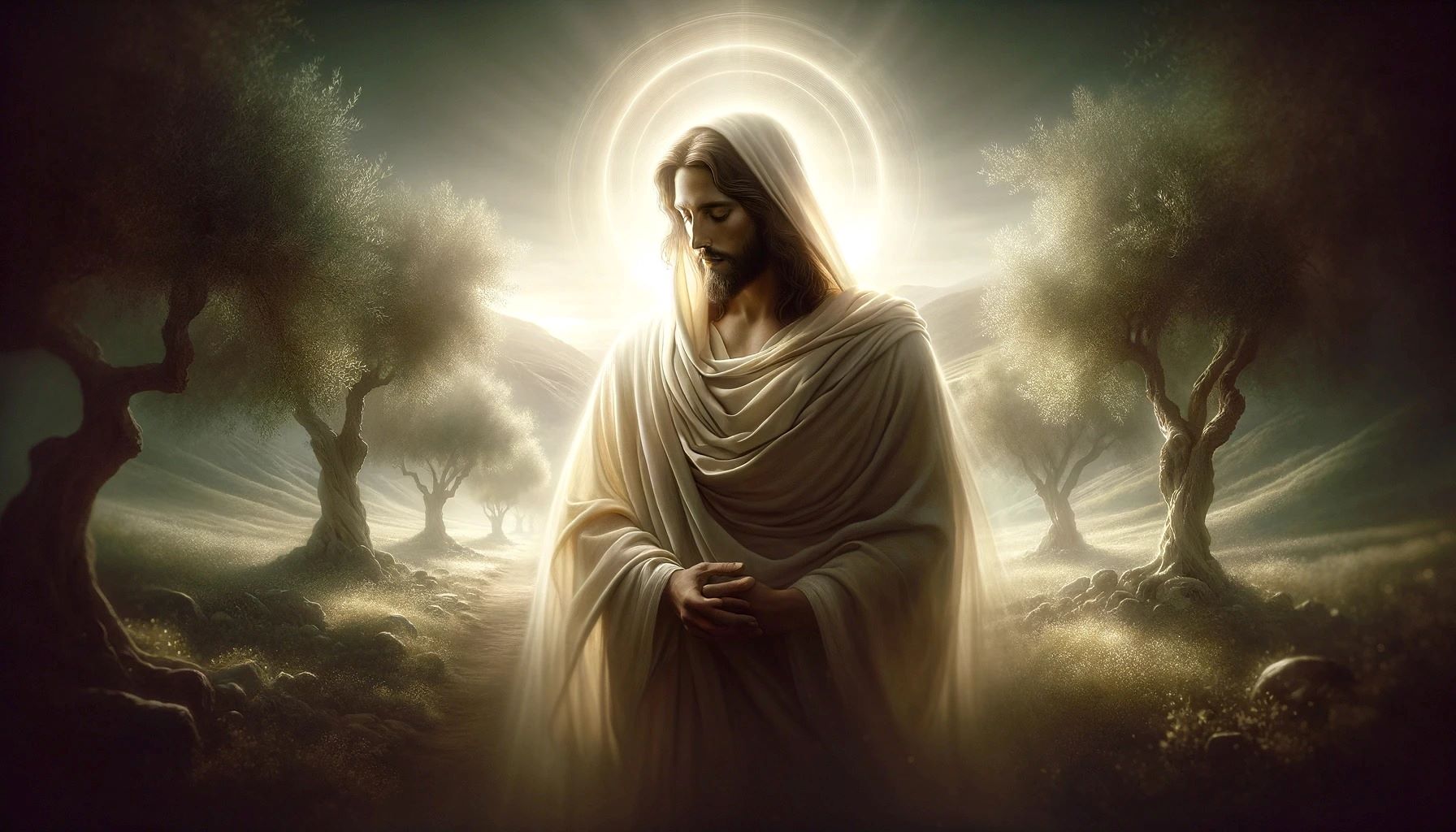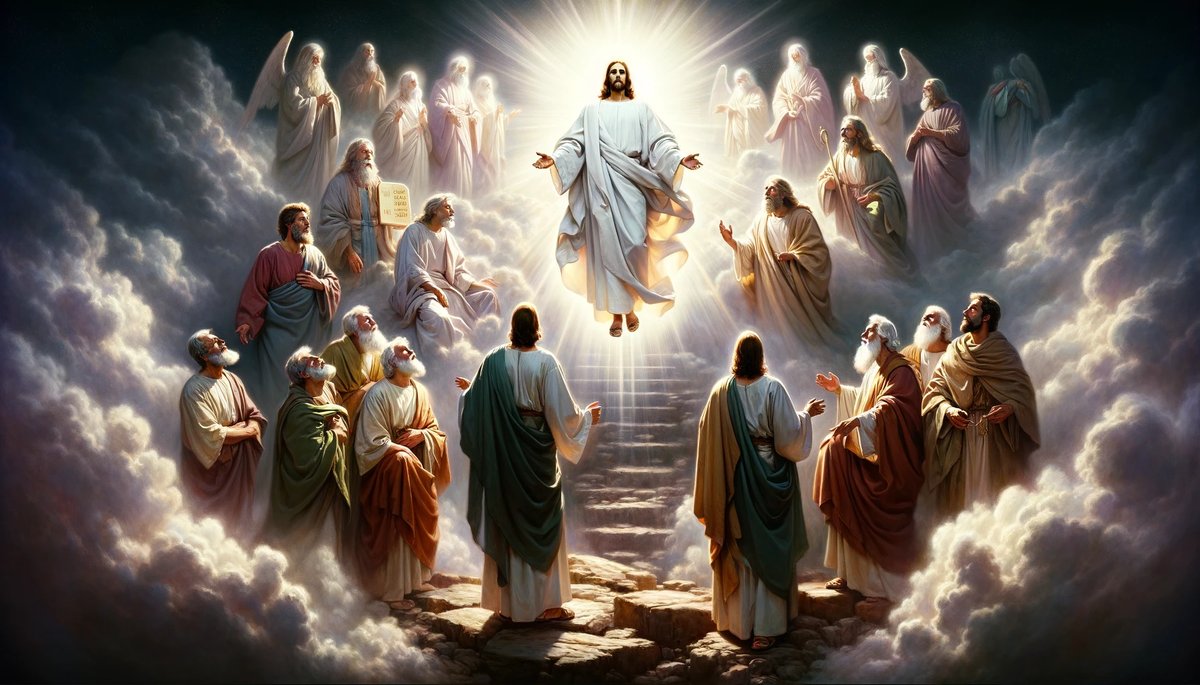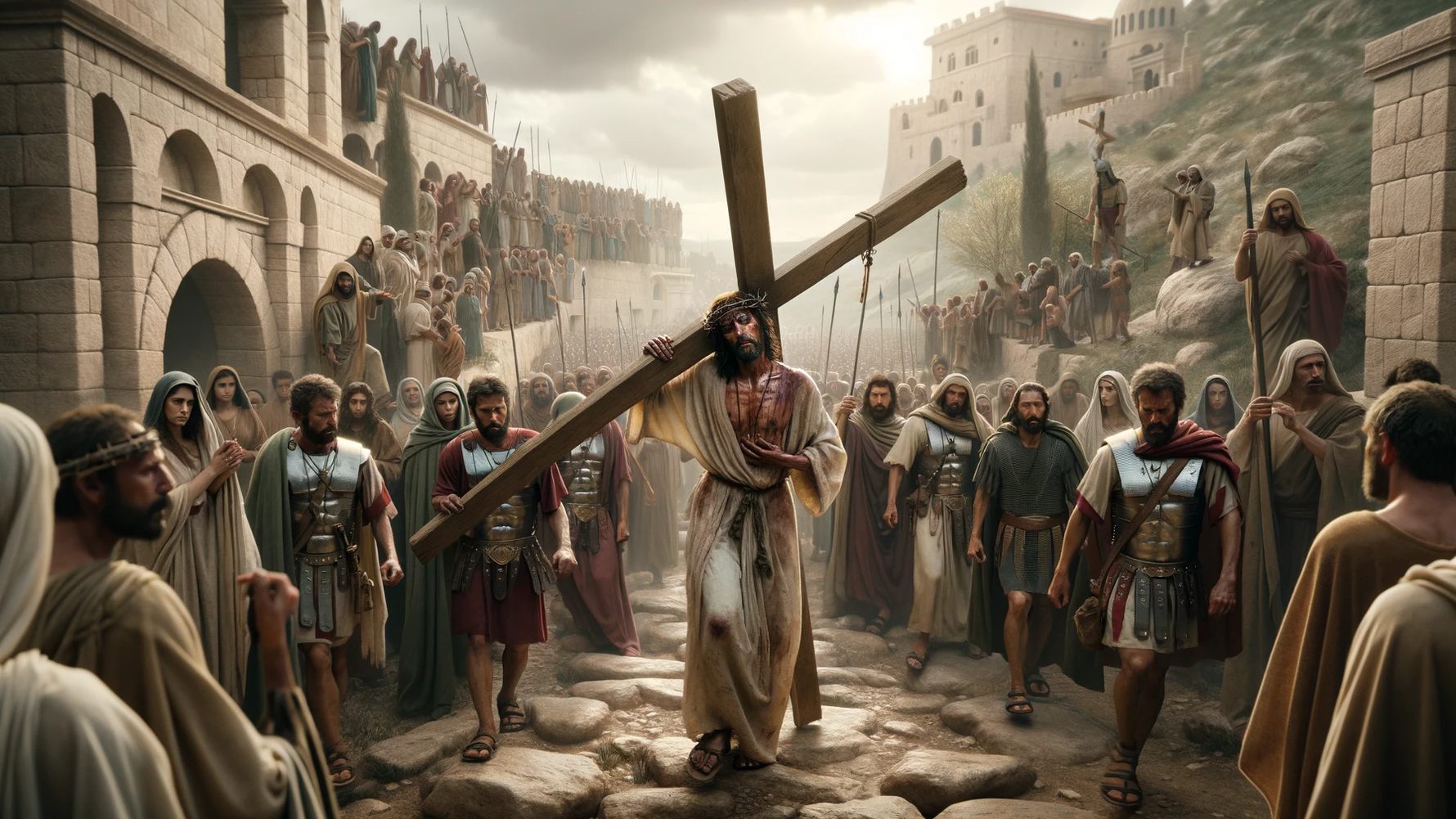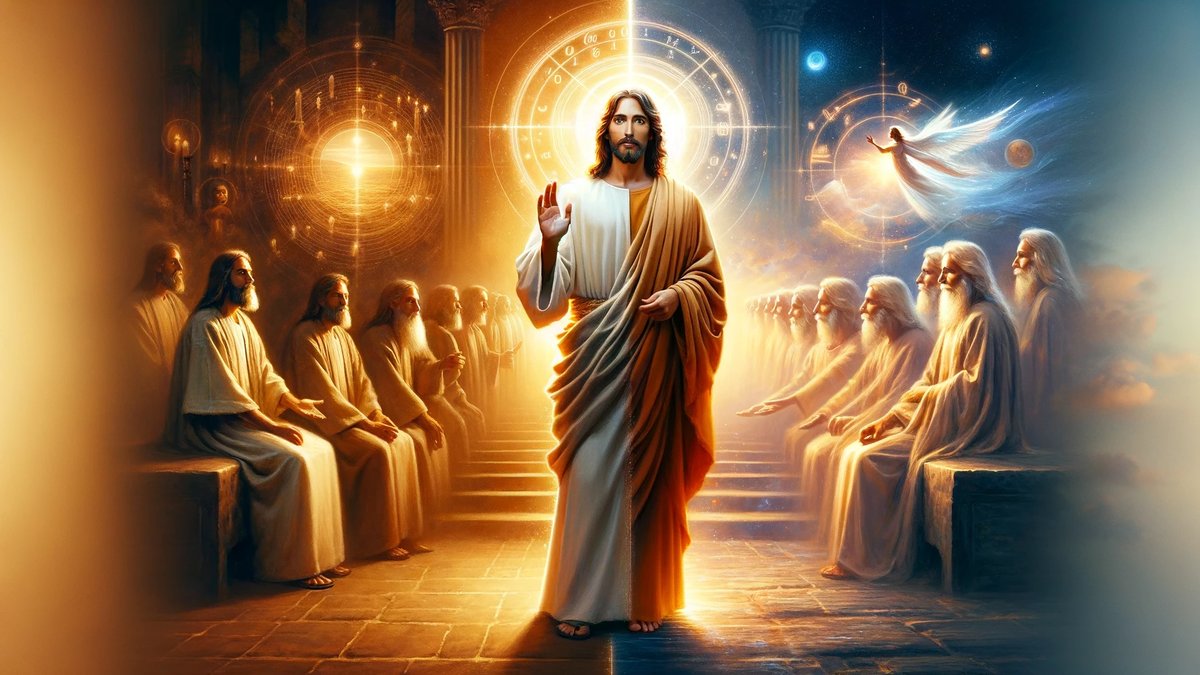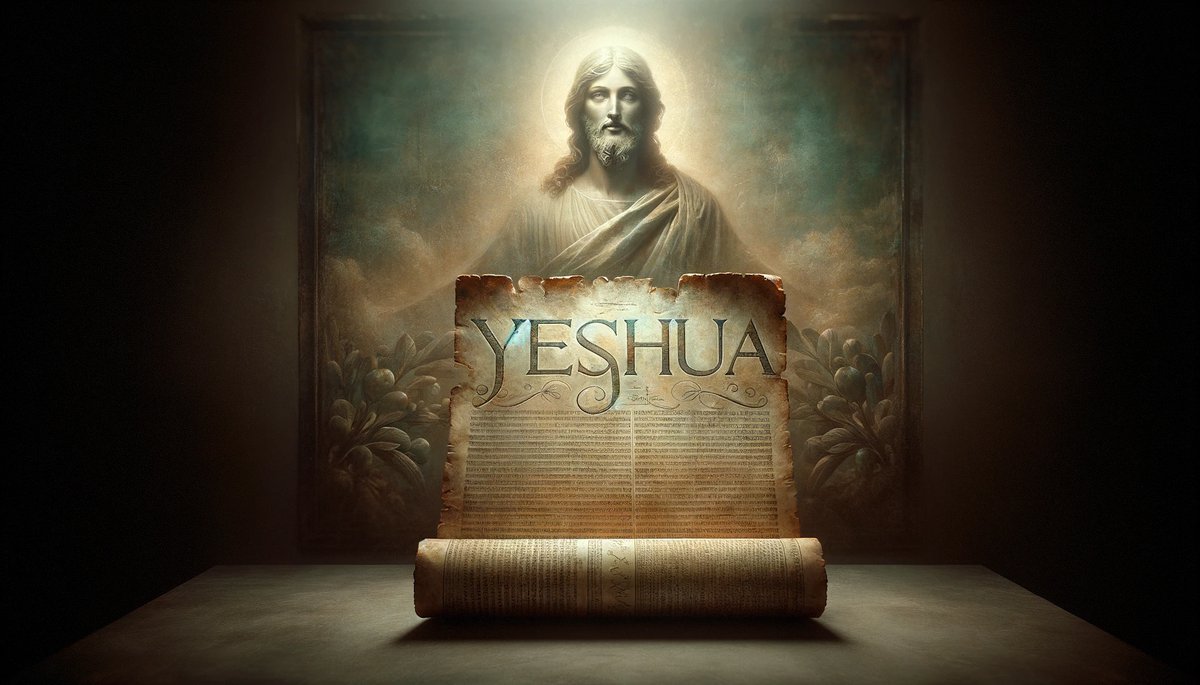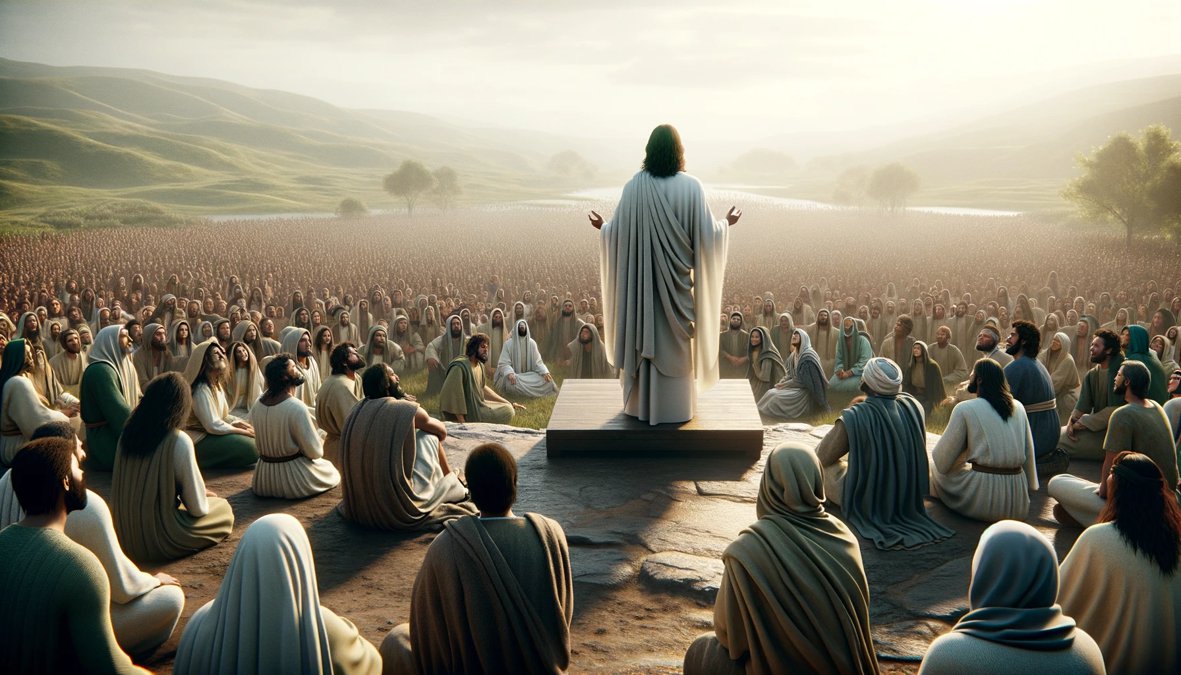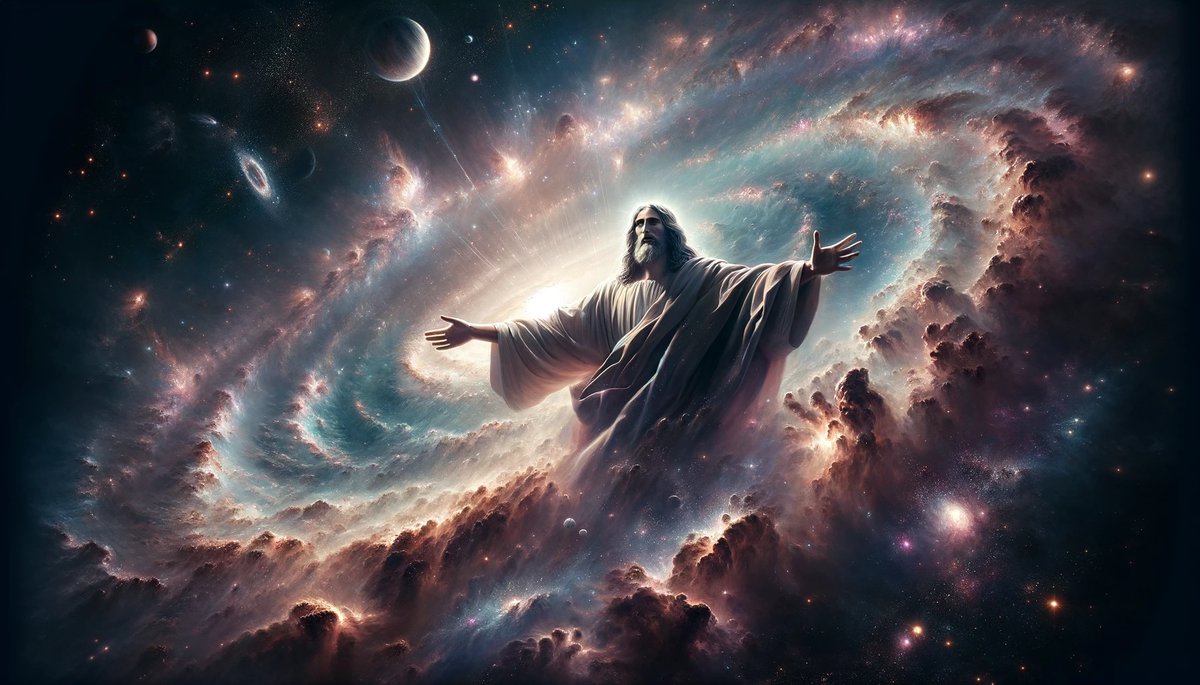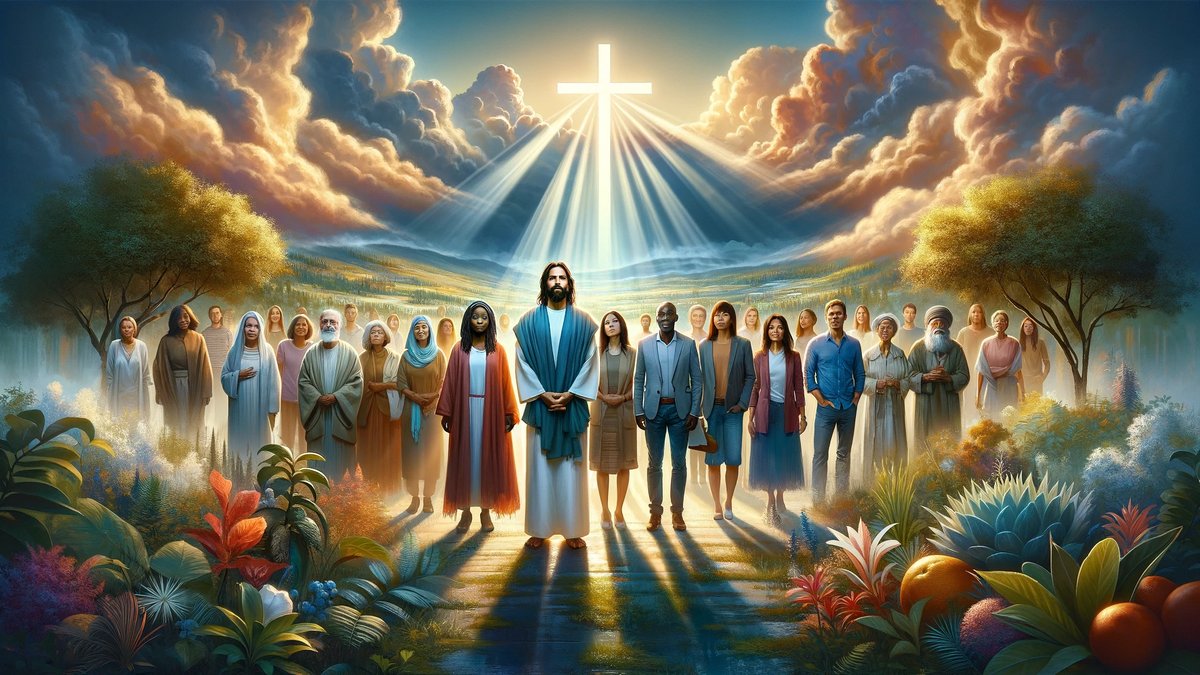Home>Christian Videos>Bible Stories>What Is The Genealogy Of Jesus Christ
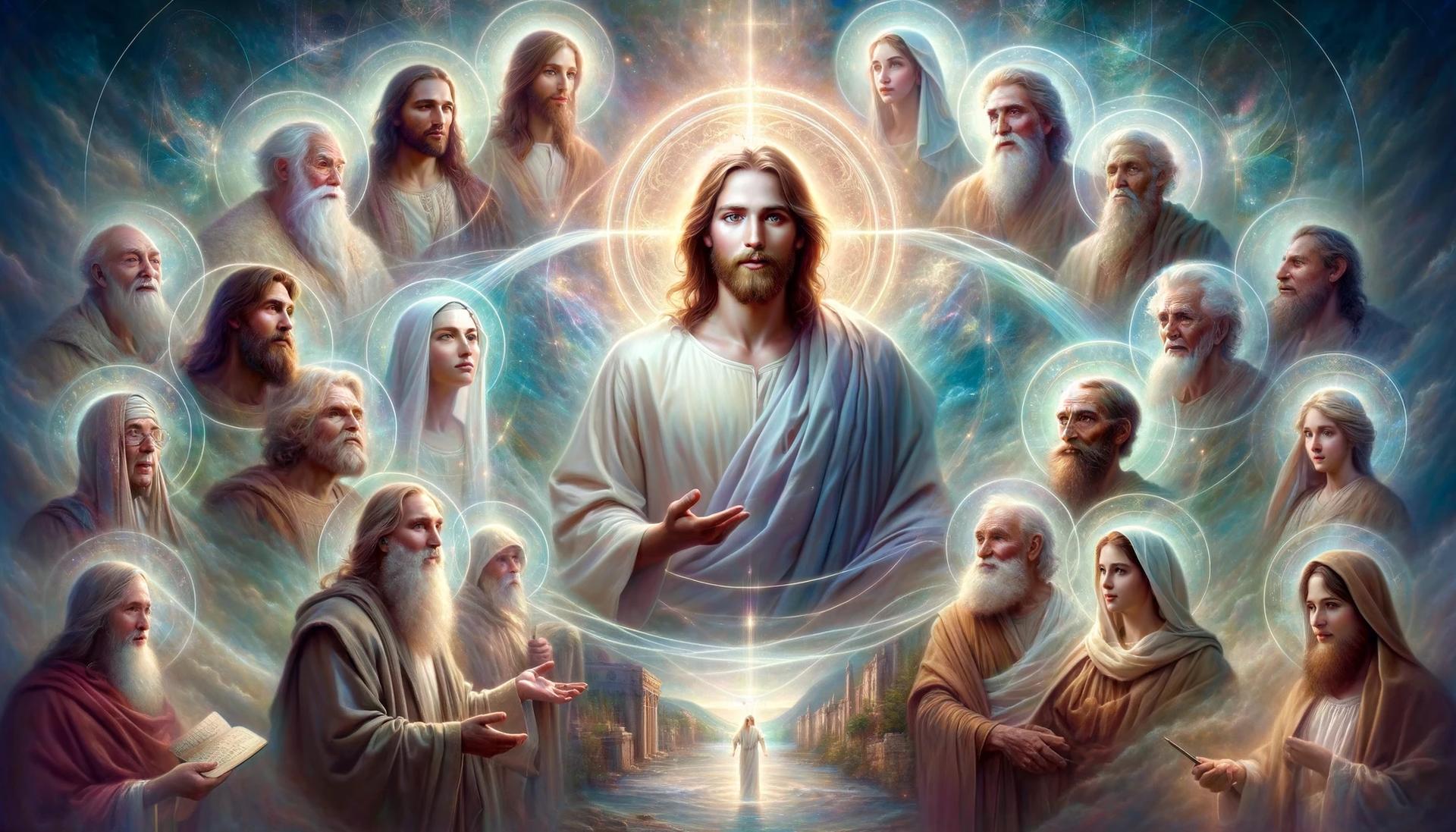

Bible Stories
What Is The Genealogy Of Jesus Christ
Published: March 3, 2024
Peter Smith, Editorial Director at Christian.net, combines deep insights into faith, politics, and culture to lead content creation that resonates widely. Awarded for his contributions to religious discourse, he previously headed a major organization for religious communicators, enhancing dialogue on faith's societal impacts.
Explore the genealogy of Jesus Christ and discover the fascinating stories from the Bible. Uncover the lineage and history of Jesus in this insightful study.
(Many of the links in this article redirect to a specific reviewed product. Your purchase of these products through affiliate links helps to generate commission for Christian.net, at no extra cost. Learn more)
Table of Contents
Introduction
What Is The Genealogy Of Jesus Christ?
The genealogy of Jesus Christ refers to the lineage or ancestry of Jesus as recorded in the New Testament of the Bible. It traces the family line of Jesus from the time of King David and Abraham to his earthly parents, Joseph and Mary. The genealogy of Jesus is significant in understanding his identity and fulfilling the prophecies of the Messiah in the Old Testament. In this article, we will explore the genealogy of Jesus Christ as presented in the Gospels of Matthew and Luke, as well as the discrepancies and differences between the two accounts. Additionally, we will delve into the significance of Jesus' genealogy in the context of Christian faith and theology.
Read more: What Was Jesus Christ’s Profession
The Ancestry of Jesus According to Matthew
The Gospel of Matthew provides a detailed account of Jesus' genealogy, tracing it back to Abraham, the father of the Jewish nation. Matthew's genealogy is structured into three sets of fourteen generations each, symbolically emphasizing Jesus' royal lineage. The genealogy begins with Abraham, the patriarch of the Israelites, and continues through King David, highlighting Jesus' connection to the Davidic dynasty. This lineage is crucial in establishing Jesus' credentials as the long-awaited Messiah, as the Old Testament prophesied that the Messiah would be a descendant of David. Matthew's genealogy also includes notable figures such as Solomon, demonstrating Jesus' rightful claim to the throne of David. The genealogy culminates with Joseph, the husband of Mary, from whom Jesus was born, thus fulfilling the Messianic prophecy while emphasizing Joseph's role as Jesus' legal father.
-
Structure of the Genealogy: Matthew's genealogy is meticulously structured into three sets of fourteen generations, serving as a mnemonic device to aid in memorization and emphasize Jesus' royal lineage.
-
Connection to Abraham and David: By tracing Jesus' ancestry back to Abraham and David, Matthew establishes his credentials as the promised Messiah, fulfilling the Old Testament prophecies regarding the lineage of the Messiah.
-
Inclusion of Notable Figures: The inclusion of prominent figures such as Solomon in the genealogy further solidifies Jesus' connection to the Davidic dynasty and the royal lineage of Israel.
-
Joseph's Role: While Joseph is listed as the legal father of Jesus in Matthew's genealogy, it is essential to note that the Gospel also emphasizes Jesus' miraculous conception through the Holy Spirit and his unique divine nature.
Matthew's genealogy of Jesus Christ serves to validate his identity as the long-awaited Messiah and rightful heir to the throne of David, fulfilling the Messianic prophecies and affirming his royal lineage within the context of Jewish history and expectation.
The Ancestry of Jesus According to Luke
The Gospel of Luke presents a distinct genealogy of Jesus Christ, tracing his lineage through a different ancestral line compared to Matthew's account. Unlike Matthew, Luke's genealogy extends further back in history, beginning with Jesus and stretching all the way to Adam, the first man according to the creation narrative in the book of Genesis. This expansive genealogy underscores Jesus' universal significance as the Savior not only of the Jewish people but of all humanity. Luke's genealogy also emphasizes Jesus' connection to Adam, portraying him as the new Adam who brings redemption and reconciliation to the entire human race.
Additionally, Luke's genealogy diverges from Matthew's by including different names and genealogical paths, particularly in the lineage between David and Abraham. While both genealogies converge at David, they follow separate lines from David to Abraham. Luke's genealogy also highlights the priestly lineage of Jesus through his mother Mary, tracing it back to Adam and ultimately to God. This emphasis on Jesus' priestly heritage aligns with the themes of universal salvation and the restoration of all people to God, as depicted in the Gospel of Luke.
-
Extended Ancestral Line: Unlike Matthew's genealogy, Luke's account extends all the way from Jesus to Adam, emphasizing Jesus' universal significance as the Savior of all humanity.
-
Connection to Adam: By tracing Jesus' lineage to Adam, Luke portrays Jesus as the new Adam, bringing redemption and reconciliation to the entire human race.
-
Divergence from Matthew's Genealogy: Luke's genealogy differs from Matthew's in the names and genealogical paths between David and Abraham, highlighting alternative ancestral lines.
-
Emphasis on Priestly Lineage: Luke's genealogy underscores Jesus' priestly heritage through his mother Mary, aligning with the themes of universal salvation and restoration in the Gospel of Luke.
Luke's genealogy of Jesus Christ provides a unique perspective on his ancestry, emphasizing his universal significance and priestly role in bringing salvation and reconciliation to all people, irrespective of their lineage or background.
Discrepancies and Differences in the Genealogy
The genealogies of Jesus Christ presented in the Gospels of Matthew and Luke exhibit notable differences and discrepancies, particularly in the lineage from David to Abraham. While both genealogies converge at David, they diverge in the names and order of ancestors between David and Abraham. Matthew's genealogy follows the line of Solomon, the son of David, while Luke's genealogy traces the line of Nathan, another son of David. This variation in the ancestral line results in differing names and generations, leading to distinct family trees for Jesus. The discrepancies in the genealogies have been a subject of scholarly debate and theological inquiry, with various interpretations offered to reconcile the differences. Despite the variations, both genealogies affirm Jesus' connection to the royal lineage of David and the fulfillment of Messianic prophecies, albeit through different ancestral paths.
-
Divergence in Ancestral Paths: The genealogies differ in the lineage between David and Abraham, with Matthew tracing through Solomon and Luke through Nathan, resulting in distinct lists of ancestors and generations.
-
Scholarly Debate and Theological Inquiry: The differences in the genealogies have prompted extensive scholarly discussion and theological reflection, seeking to reconcile the varying ancestral paths and their implications for Jesus' identity and Messianic fulfillment.
-
Affirmation of Davidic Lineage: Despite the discrepancies, both genealogies affirm Jesus' rightful connection to the royal lineage of David, fulfilling the Old Testament prophecies regarding the Messiah's ancestry.
-
Theological Significance: The differences in the genealogies highlight the diverse theological emphases of the Gospel writers, emphasizing Jesus' Messianic identity and universal significance through distinct ancestral lines.
The discrepancies and differences in the genealogies of Jesus Christ, as presented in the Gospels of Matthew and Luke, invite deeper exploration of the theological and historical contexts in which they were composed, shedding light on the multifaceted nature of Jesus' identity and the diverse perspectives of the Gospel authors.
The Significance of Jesus' Genealogy
The genealogy of Jesus holds profound significance within the Christian faith and theological understanding. It serves as a foundational element in affirming Jesus' identity as the long-awaited Messiah and the fulfillment of Old Testament prophecies. By tracing Jesus' lineage back to King David and Abraham, the genealogies in the Gospels of Matthew and Luke establish his rightful claim to the Messianic title and emphasize his connection to the covenant promises made to the patriarchs and the royal lineage of Israel. This genealogical validation is crucial in demonstrating Jesus' continuity with the history and expectations of the Jewish people, anchoring his role as the fulfillment of God's redemptive plan for humanity.
Moreover, Jesus' genealogy transcends mere historical documentation; it embodies the universal scope of God's salvific work. In Luke's genealogy, the lineage is traced all the way back to Adam, signifying Jesus' role as the Savior of all humanity, irrespective of ethnic or cultural distinctions. This universal dimension of Jesus' ancestry underscores the inclusive nature of his redemptive mission, offering hope and reconciliation to people from every nation and background. It portrays Jesus as the new Adam, bringing restoration and spiritual renewal to the entire human race, thereby emphasizing the universal significance of his genealogy in the narrative of redemption.
Furthermore, the discrepancies between the genealogies of Matthew and Luke invite contemplation on the diverse theological emphases and perspectives of the Gospel writers. While the differences in the ancestral lines have sparked scholarly debate, they also highlight the multifaceted nature of Jesus' identity and the rich theological tapestry woven throughout the Gospels. The distinct genealogical paths underscore the diverse theological motifs and thematic emphases present in the narratives, contributing to a holistic understanding of Jesus' Messianic role and universal mission.
In the broader context of Christian theology, Jesus' genealogy serves as a testament to the faithfulness of God in fulfilling His promises and orchestrating the course of history for the redemption of humanity. It underscores the continuity of God's plan across generations and the meticulous fulfillment of prophecies concerning the coming of the Messiah. The genealogy of Jesus Christ stands as a testament to the divine sovereignty and providential orchestration of human history, culminating in the advent of Jesus as the pivotal figure in God's redemptive narrative.
Ultimately, the significance of Jesus' genealogy extends beyond a mere record of ancestry; it encapsulates the profound theological truths of Jesus' identity, mission, and the universal scope of God's redemptive plan. It serves as a testament to the continuity of God's faithfulness, the universal nature of Jesus' redemptive work, and the diverse theological perspectives encapsulated within the Gospel narratives.
